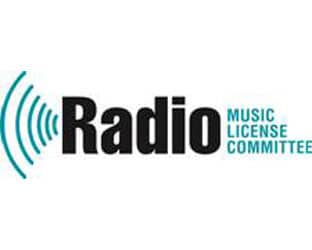Both SESAC and the Radio Music License Committee are separately claiming they came out on top following the determination of licensing fees for RMLC-represented stations through 2026. An arbitration panel determined SESAC’s new blanket fee on November 1.
The new rate is set at 0.2824% of a station’s net revenue, raised from the previous rate of 0.2557% that had been in place since 2016. Non-music stations are expected to maintain a 77.5% fee discount, as specific long-form terms are still being finalized. The license will continue covering over-the-air, HD multicasting, and simulcast streaming.
The SESAC arbitration will cover more than 10,000 radio stations in the US under the RMLC’s umbrella. The new rates apply retroactively to January 1, 2023, so stations that paid 2022 fees will receive adjustments to match the updated rates.
Outside of these known facts, the real winner depends on who you ask. The RMLC claims SESAC was attempting to more than double licensing fees. While the specific rate it sought after went publicly undisclosed, SESAC had based its request for a rate increase on licensing agreements from other music rights licensors.
RMLC Chairman Ed Atsinger commented, “Despite the fact that no increase was warranted, the arbitration decision reported here constitutes a significant victory for RMLC-represented radio stations given SESAC’s demands, and comes at a challenging economic time for the industry. The RMLC intends to continue to defend and protect the interests of its members at a time when all of the performing right organizations are seeking to aggressively increase their fees.”
On the other side, SESAC says it came out on top, with company President and COO Scott Jungmichel said, “The arbitration award reflects another failure of the RMLC to impose regulated rates on SESAC since SESAC and the RMLC concluded their settlement in 2015. The panel awarded SESAC an over 10% increase while rejecting the RMLC’s attempts to lower the rate, turn back the clock, and yoke SESAC to the regulated rates paid by ASCAP and BMI. In addition, the revenue base subject to the fee is significantly greater than the revenue upon which station groups had sought to pay under the 2017 award.”
The arbitration between RMLC and SESAC was made possibly by a 2015 antitrust settlement requiring SESAC’s fees to be set by arbitration if future negotiations failed.




